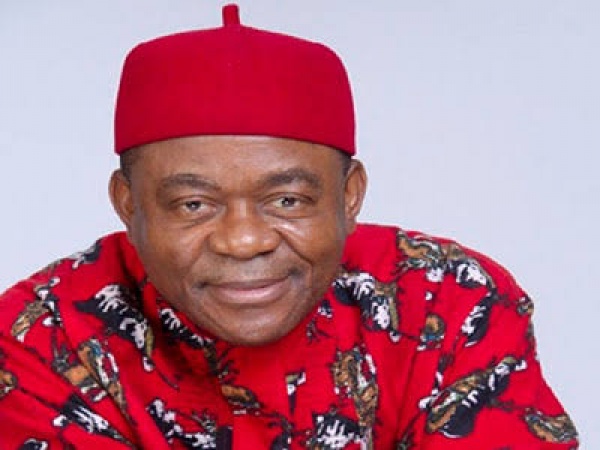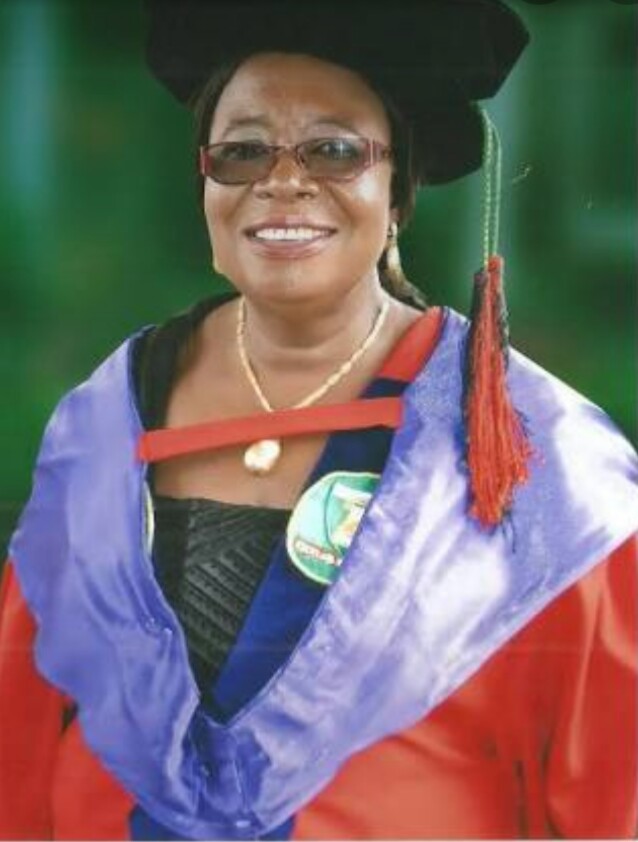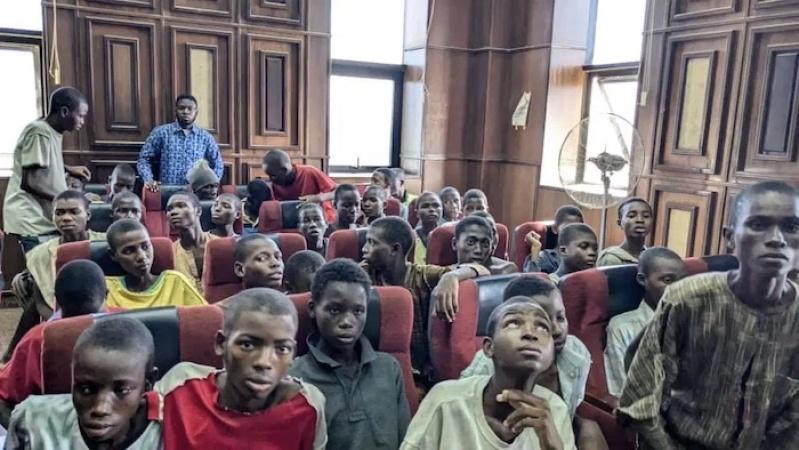Gov Uzodinma: Reinventing Imo Third tier government

By Collins Opurozor
Over four decades of preoccupation with development in Imo state have yielded meagre returns. The welfare of the people has been stagnating, or even regressing. Health prospects have got poorer, unemployment more widespread and agricultural productivity drastically diminished.
In all the indices of social misery, Imo has almost always been the poster boy, and even the vaunted stellar educational performance of the state has lately taken a nosedive. And, by and large, what explains all these is the alienation of the people from governance which is what the crippling of the local government system entails.
This is the reason Imo people received the maiden address of Governor Hope Uzodinma a few days ago with refreshing optimism, particularly because in it the agenda for the reinvention, resurgence and reinvigoration of the Imo local government system was clearly set, so that it has become evident that the stewardship of Governor Uzodinma is deftly determined to return governance and the dividends thereof to the people.
We have it on the Governor’s authority that, “In line with the provisions of the Constitution, we shall urgently restore the autonomy and integrity of local government administration. Thank God therefore, for the objective effort of the administration of President Mohammadu Buhari in uncoupling the local government finances from the meddlesome interests of state officials. The dynamic LG system of our New Imo State will guarantee the steady trickle down of democracy dividends to the atomized hamlets and clans of our rural communities. To actualize this, credible local government elections will be held soon.”
With the above, the Governor has left nobody in doubt on his poise to deliver value, foster inclusiveness and extend prosperity to the vast majority of Imo people at the grassroots. Essentially, the local government system is a mechanism put in place to expand and sustain the democratic space. It is fundamental to the democratisation process, as it remains the most potent instrument to mobilise people for local participation and to spread democratic values.
Advanced economies have shored up to the practice of strategically shifting service delivery from a centralized to a more localized sphere of government. Planning is no longer seen as top-down but rather regarded as an inclusive process where individuals and communities are viewed as key stakeholders. The local government in this context offers a greater control to the people over their own situation and ensures their full involvement in determining their own developmental needs.
The task, therefore, that the Uzodinma administration has taken up is to reestblish the relationship between the local government and the local people in order to address the issues of alienation and apathy and to promote a regime of inclusive and transparent governance in order to accelerate socio-economic development of Imo state.
Central to the realization of this is the restoration of democracy to the local government system, and the commitment of Governor Uzodinma to doing this is also very clear. The local government structure in Imo State as presently constituted is not accountable as it is structured for rent-collection. The culture of transition in perpetuity must be discarded for the state to make progress and alleviate the pains of the grassroots. A properly constituted local government structure is one that is elected through the ballot. Once people have to face the electorate, they become mindful of scorecards to brandish. With full allocations to the local governments and credible elections, the Uzodinma administration has placed a premium on energizing the structure and creating performance metrics that will guide operators of the system and revolutionize development in the remotest of Imo communities.
In the light of the foregoing, the development potentials of every part of Imo state will be unleashed. For instance, the summary of the economic setback of the people of Ideato North hinges on non-existence critical infrastructure. There are no accessible roads linking the various communities. But when you consider the fact that Ideato North is linked to Anambra State through Aguata and it is a short distance to from Isuochi in Abia State and a thoroughfare to Enugu State through Okigwe Port Harcourt express route, you see a great opportunity for development of industries whose products could be marketed in these neighbouring states given good road networks. A functional local government system in Ideato North will certainly ensure the establishment of functional and sustainable road network as well as other critical infrastructure that will rev up industrialization in the area and make the people live their dreams right in their homeland.
Also, in Ngor Okpala, we see a potential food basket of Imo state, with large expanse of agricultural land. The people are mainly farmers and have rich fertile land at the basin of the Otamiri River at Umuekwunne. Although the potentials exist for large scale agricultural production, the government in the past did nothing to support them. With a reinvigorated local government system in Ngor Opkala, agricultural production will receive the boost which will engender food security for Imo state and unlock the opportunities for job and wealth creation through the entire agricultural value chain.
Government is better when it is closer to home, and the reforms being carried out in the Imo local government system will give Imo people the better life which they had so sorely yearned for.







